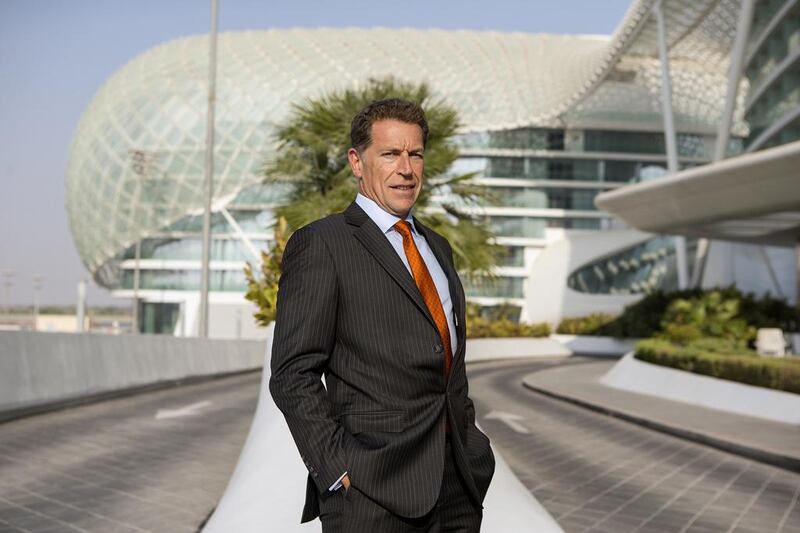The tide is turning for small and medium-sized enterprises as banks lend them more money and business confidence heals, according to SME finance specialist Gulf Finance.
Eighty-five per cent of Dubai-based small business owners said in its latest quarterly sentiment survey that they had grown more optimistic about the outlook for the third quarter compared with 74 per cent for the outlook in the second.
But David Hunt, the chief executive of Gulf Finance, said that even though business owners were filled with hope, hiring growth and the willingness of businesses to expand remained lacklustre, as the biggest plunge in oil prices since the financial crisis of 2008 continues to cast a pall over the economy.
“Despite the cautiously optimistic outlook suggested by our second quarter SME Sentiment Survey and noticeable increase in lending by local banks, we still feel there is a large amount of stress in the system,” said Mr Hunt.
“Despite the market normalising after a weak first quarter, it remains challenging,” he said. “Recruitment is falling short, dampening enthusiasm for business expansion. Growth expectation will remain modest until the year-end unless companies unlock their hiring freeze.”
Mr Hunt cited higher oil prices and more legislation to help businesses, such as a bankruptcy law to aid those who fail at enterprise, as catalysts that could help SMEs.
Still, improvement has not been just about perceptions: 77 per cent of those asked said that they had reported higher orders in the second quarter compared with 62 per cent in the first quarter. Meanwhile, 70 per cent said that their ability to collect payments during the second quarter improved, up from 48 per cent during the first quarter.
Gulf Finance’s survey chimes with recent comments from bank executives about an easing of the small business debt crisis that has created holes in a number of bank balance sheets over the past year as some businessmen defaulted on loans and fled the country.
Peter England, the chief executive of RAKBank said last week that the worst was over in terms of bad debt among SMEs but that SME lending growth would be subdued for the rest of the year.
RAKBank, the biggest SME lender in the UAE, said last month that its second-quarter net income fell by almost 45 per cent as loan provisions doubled.
Abdul Aziz Al Ghurair, the chief executive of Mashreq and head of the UAE Banks Federation, said in November that a number of small business owners may have skipped town, leaving about Dh5 billion of unsettled loans. In May, however, Mr Al Ghurair said the potential fallout from rising levels of SME bad debt had been contained.
Gulf Finance is a unit of the Dubai-based investment bank Shuaa Capital.
mkassem@thenational.ae
Follow The National's Business section on Twitter





